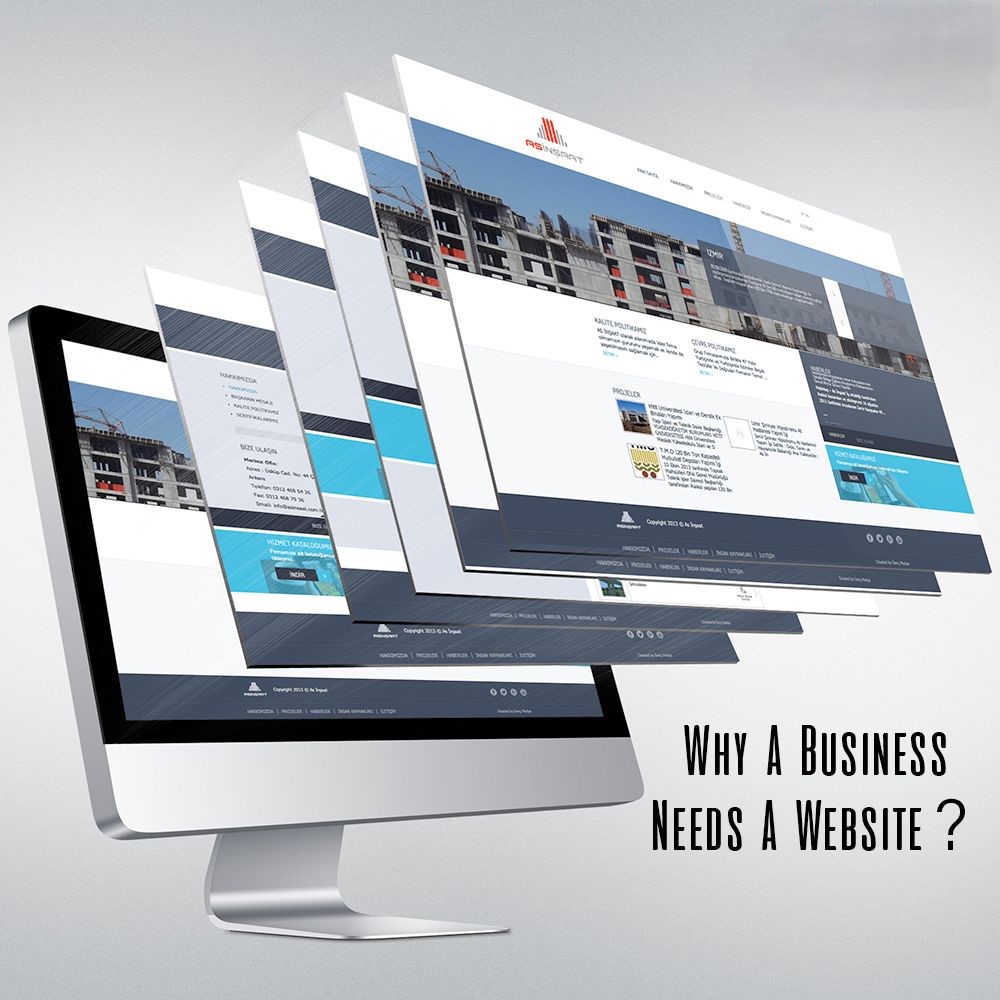Choosing the right platform to build your website can be a daunting task, given the plethora of options available today. Each platform comes with its unique strengths and is tailored to different needs and technical expertise levels. In this blog post, we’ll explore some of the most popular website-building platforms, including WordPress, Shopify, React, and Medusa.js, to help you make an informed decision.
1. WordPress
Best For: Bloggers, Small Businesses, and Content-Heavy Websites
WordPress is one of the most widely used website platforms in the world, powering over 40% of all websites on the internet. It offers a user-friendly interface, a vast array of themes and plugins, and robust community support.
- Highly versatile and user-friendly
- Extensive plugin ecosystem
- Great for blogs, small businesses, and content-heavy sites
- Can be slower without optimization
- Regular updates required for security
Pros:
- Ease of Use: No coding knowledge required; ideal for beginners.
- Flexibility: Thousands of themes and plugins to customize your site.
- SEO Friendly: Built-in SEO features and plugins to enhance visibility.
- Community Support: Extensive documentation and a large user community.
Cons:
- Maintenance: Requires regular updates and backups.
- Performance: Can be slower if not optimized correctly, especially with too many plugins.
2. Shopify
Best For: E-commerce Websites
Shopify is a dedicated e-commerce platform designed to help businesses sell products online. It’s an all-in-one solution that includes hosting, security, and an easy-to-use interface for managing products and orders.
- Excellent for e-commerce
- Built-in payment processing and inventory management
- Easy to use for beginners
- Monthly fees can be high
- Limited customization compared to open-source options
Pros:
- E-commerce Features: Built-in payment gateways, inventory management, and shipping tools.
- Scalability: Handles everything from small shops to large online stores.
- Support: 24/7 customer support and a wide range of tutorials.
Cons:
- Cost: Monthly fees and transaction fees can add up.
- Customization: Limited compared to open-source platforms.
3. React
Best For: Developers Looking for Full Control
React is a JavaScript library for building user interfaces, maintained by Facebook. It’s ideal for developers who want to build dynamic, high-performance web applications.
- Powerful for creating dynamic, interactive user interfaces
- Great performance and scalability
- Ideal for Blockchain applications
- Steeper learning curve
- Requires additional tools for full website functionality
Pros:
- Performance: Fast rendering using virtual DOM.
- Component-Based: Reusable components make development efficient.
- SEO Friendly: Supports server-side rendering for better SEO.
Cons:
- Complexity: Requires a good understanding of JavaScript and front-end development.
- Learning Curve: Steeper compared to other platforms like WordPress or Shopify.
4. Medusa.js
Best For: Custom E-commerce Solutions
Medusa.js is an open-source headless commerce engine that allows developers to create highly customizable e-commerce experiences. It’s ideal for businesses that need a tailored solution beyond what traditional platforms like Shopify offer.
- Open-source e-commerce solution
- Headless architecture for flexibility
- Good for custom e-commerce experiences
- Newer platform with a smaller community
- Requires more technical expertise than some alternatives
Pros:
- Customizability: Complete control over the front-end and back-end.
- Headless Architecture: Can be integrated with various front-end frameworks.
- Open Source: No licensing fees and a growing community of contributors.
Cons:
- Technical Expertise: Requires advanced knowledge of JavaScript and API integrations.
- Maintenance: More hands-on compared to managed solutions like Shopify.
Other Notable Mentions
- Wix: Great for beginners looking for an easy drag-and-drop interface. Ideal for small websites and portfolios. User-friendly website builder with drag-and-drop interface
- Squarespace: Known for its beautiful design templates, perfect for creative professionals and small businesses. Known for sleek designs and all-in-one hosting solution
- Magento: Best for large e-commerce stores needing advanced features and customization.
- Ghost: Focused on professional publishing and memberships
- Webflow: Offers advanced design capabilities without coding
Conclusion
The best platform for building your website depends on your specific needs, technical skills, and the type of site you want to create. WordPress is excellent for content-heavy websites and beginners, Shopify shines for e-commerce, React offers unmatched control for developers, and Medusa.js is perfect for custom e-commerce solutions. Evaluate your requirements and choose the platform that aligns best with your goals.


